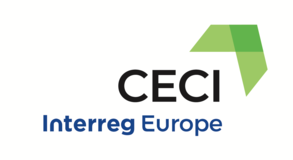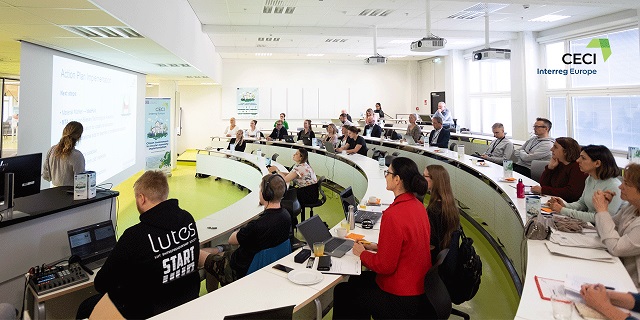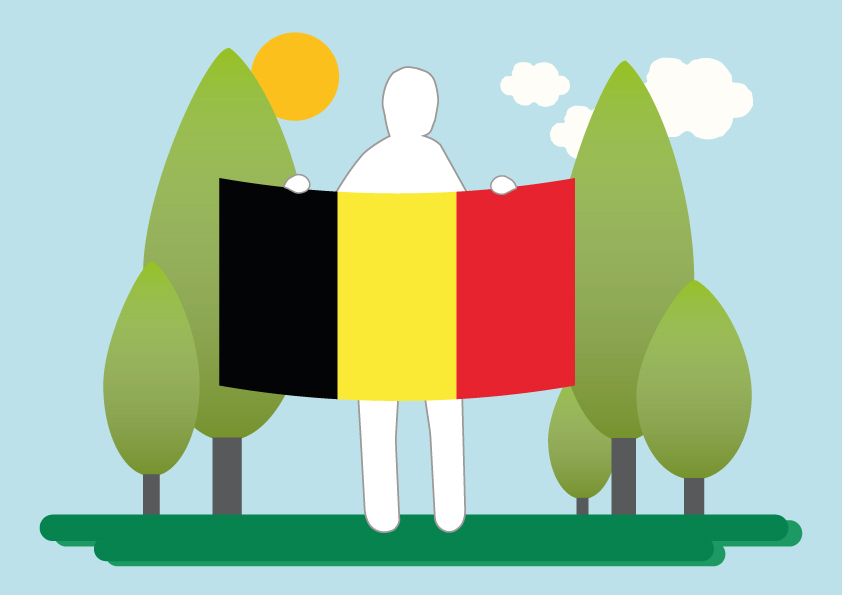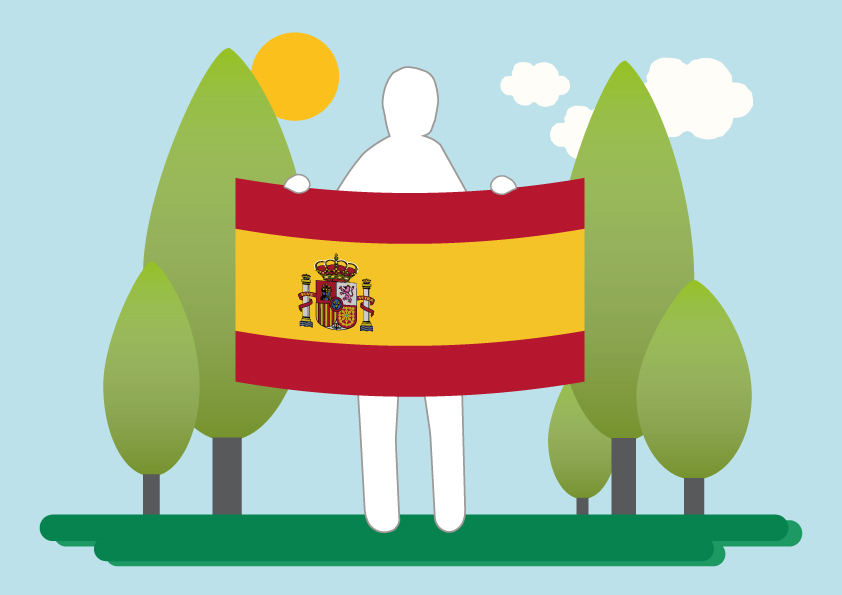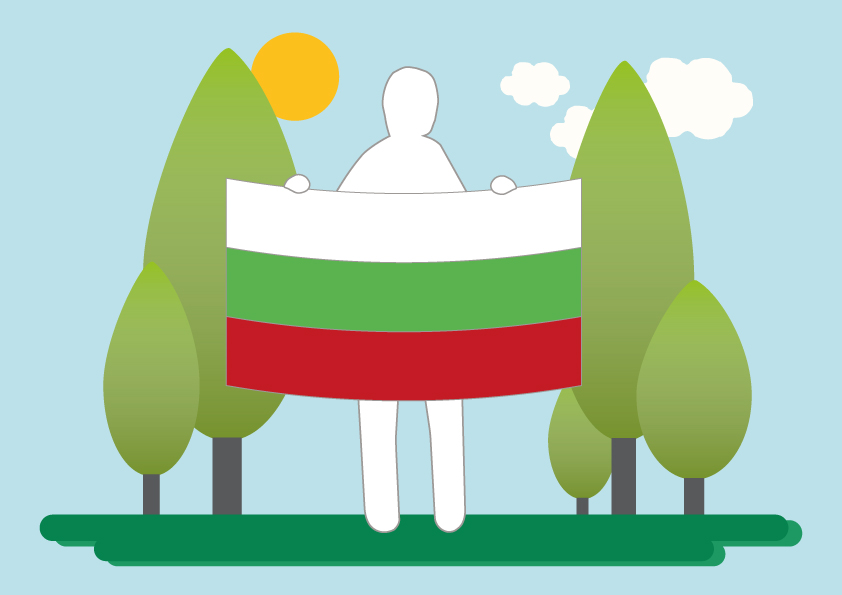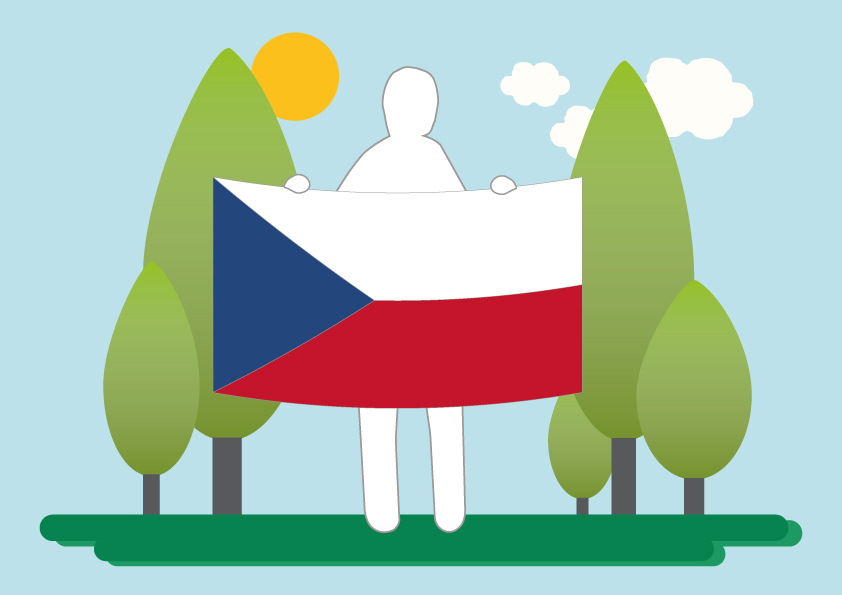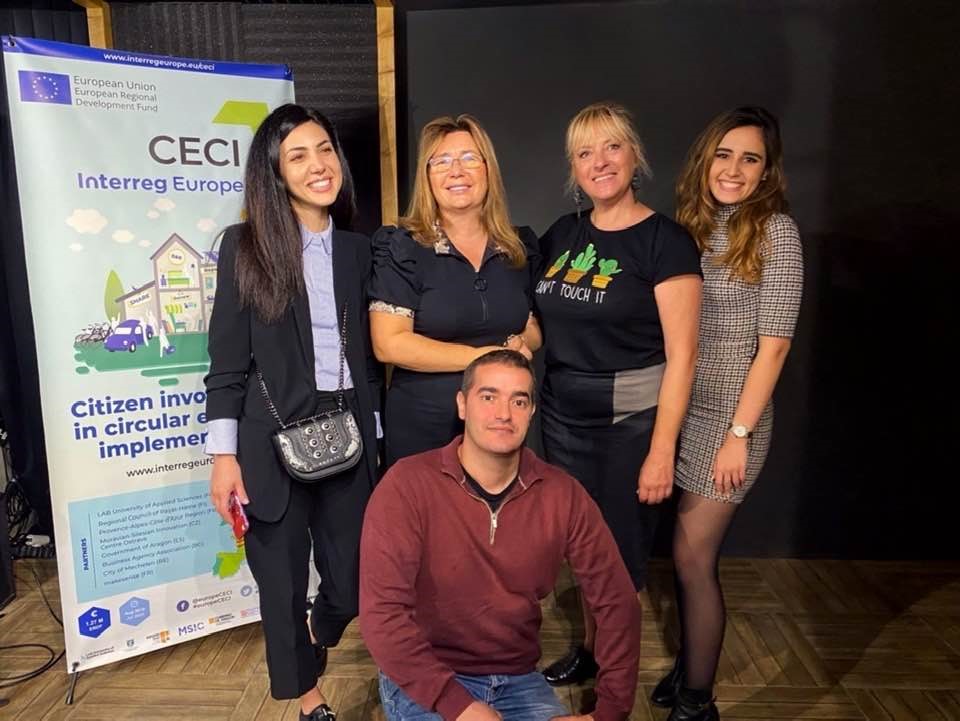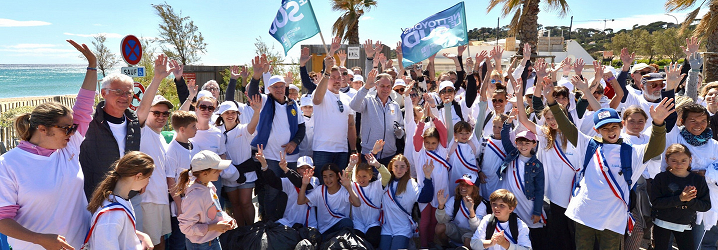CECI Action Plan in Mechelen, Belgium
Within the City of Mechelen’s policy plan, the four actions of our CECI action plan have been integrated, budgeted, put into action, and monitored. They keep on growing and leading to new actions and projects. These are funded by European and Flemish programmes and drafted together with regional and local stakeholders. In order to integrate circularity in the city’s renovation acceleration services needed to reach climate neutrality (action 4) for instance, the city not only communicates and gives advice to citizens on material efficiency and where to get second-hand construction materials. But, the city also puts criteria in all of the construction projects that it plans itself, in order to increase the rate of reused construction materials.
The ambition to increase the reuse of construction materials through public procurement has led to two new project proposals in semesters 7 and 8, drafted with regional stakeholders. The first, called demolition teams, is granted funding since January 2023 under the Flemish Innovation and Entrepreneurship programme for circular economy living labs. It enables the city to collaborate with the Flemish construction sector and research, to make better tenders for reuse and recycling of construction materials. The second, PREUSE, now in phase 2 application of the Interreg North Sea Region call, will put the Flemish experiences next to the experience of other regions and cities in the European region, and provide us more insights and results on the ground thanks to collaboration with material banks such as Recuplan. Recuplan is one of the 30 new social-circular initiatives (our self-defined result indicator for CECI) that have resulted from action 2 of the CECI plan.
Action 2 is about strengthening civil society to take circular action and citizens to be producers of the circular economy. This action has led to new services from the city, advising and financially supporting initiatives that contribute to climate action by sharing goods, repairing or making new products from rest or waste streams. The city, therefore, invests 190.000 euro per year in this programming period, on top of the funding provided by the European Social Fund, Circular Flanders and the Flemish Department for Work and Social Economy under the Circular Work(s) call for our circular counter. A structural partnership between the city, the university college, the umbrella organisation for small and medium enterprises and the main social economy company, in order to run the counter and the services to stimulate circular entrepreneurship, is a result of this action. The next big thing is bringing all of the actors, from knowledge institutions and public institutions to private companies and citizens, together in one hub, where they co-create the new circular model. That is why the city, together with the Public Waste Agency in Flanders and Stadsmakersfonds is reconverting a brownfield into an Impact Factory in the city centre, a breeding ground for new circular businesses.
But the involvement of citizens and social organisations in the production of the social-circular economy is just one side of the medal. If their work does not reach the broader public, then there is a lot of hard work done for little impact. That is why action 1 focuses on getting the word out regarding circular consumption modes, both from the market and from citizens. So that people in the region find their way to shift from owning goods to using them, to buying more second hand and to going to repair instead of buying new consumption goods.
